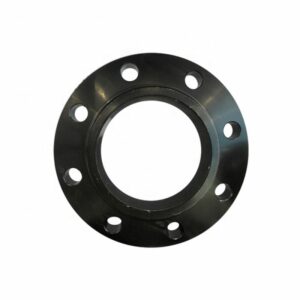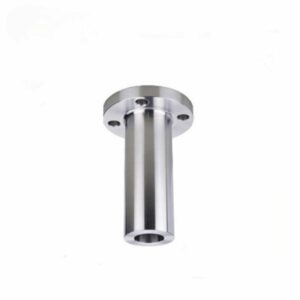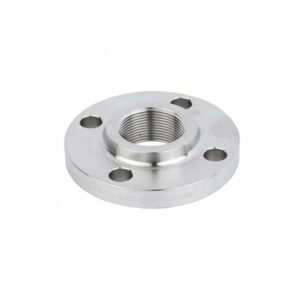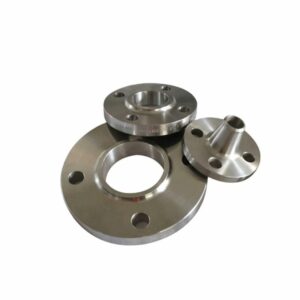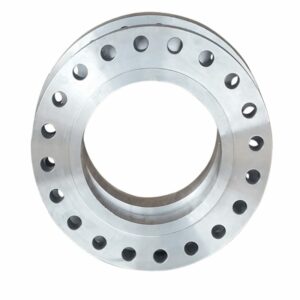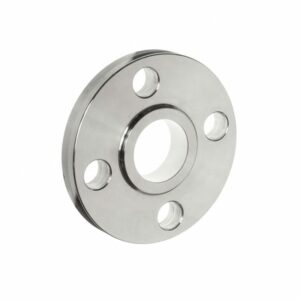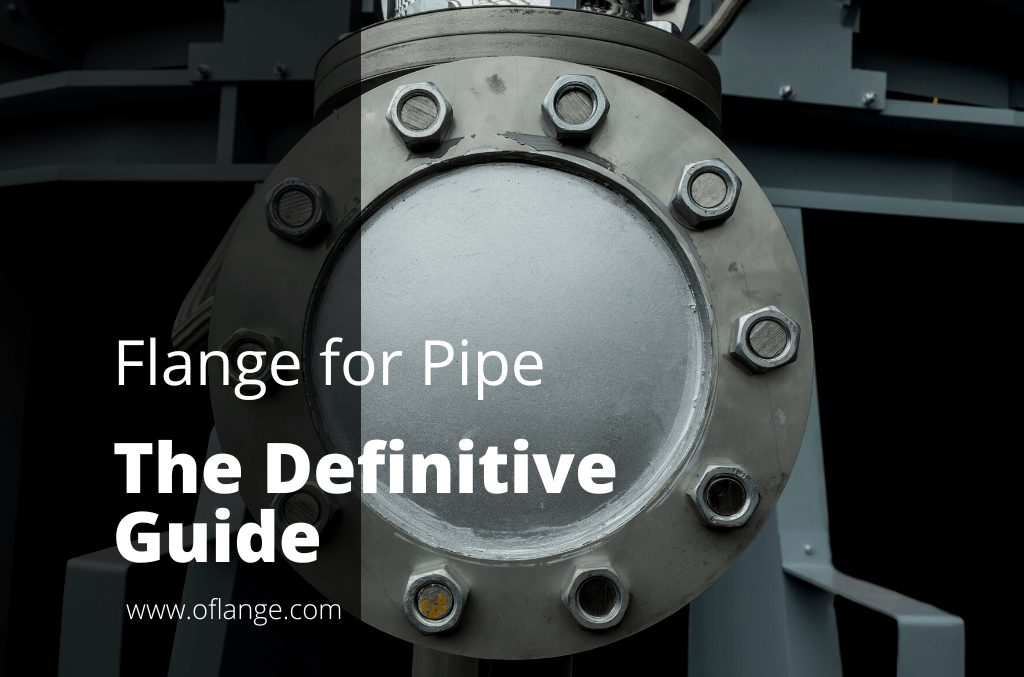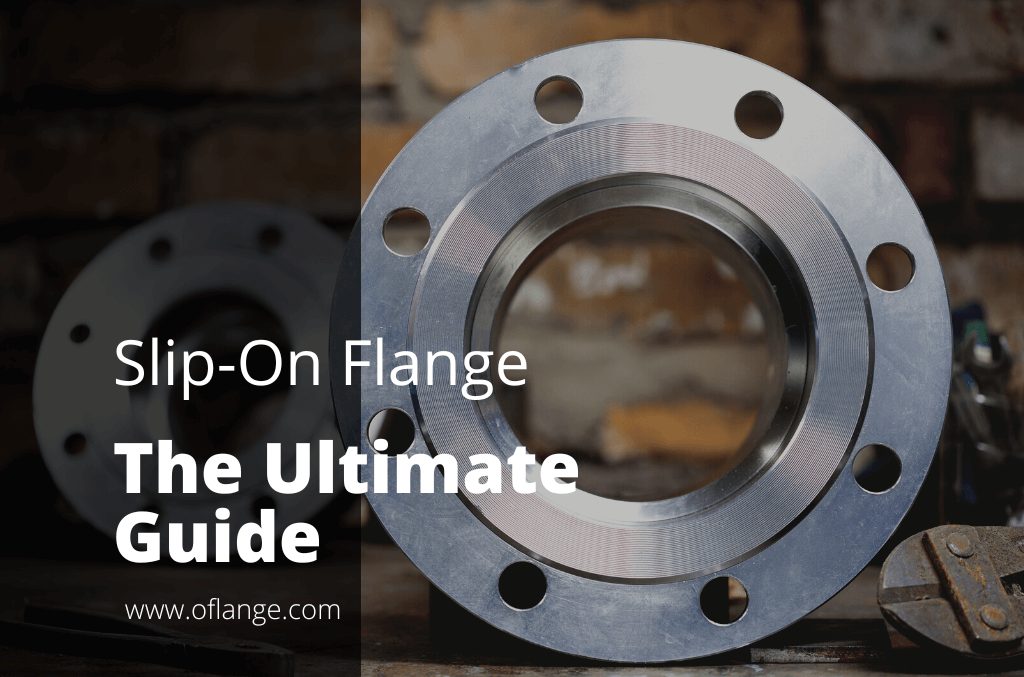PRODUCT FEATURES
Cast Iron Flange Manufacturer to Rocket Your Business
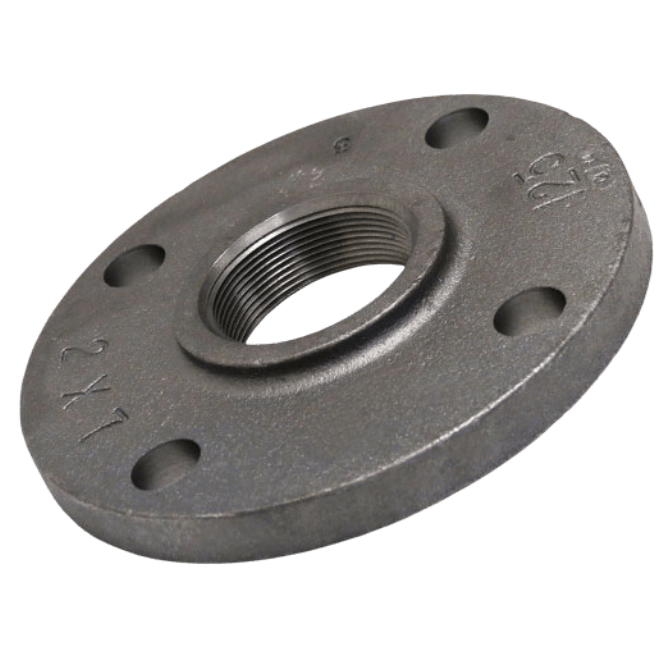
PRODUCTS
Proud To Offer A Wide Variety Of Flanges
If you are looking for something specific that isn’t listed on our website yet, just contact us today!

ABOUT US
Who Is Oflange.com
oflange.com have seen that today there are also many flange companies in China & internationally. However, their solutions were still stuck a few years ago.
In fact, we have been upgraded in recent years, and oflange.com hope our smart and flexible solutions can inject fresh blood into this market.
PARTNER
Who Trust Us





BUYER’S GUIDE
Cast Iron Flange: What You Need To Know
The cast iron flange is an important part of many industrial and domestic piping systems. If you’re not familiar with them, here’s what you need to know.
Cast iron flanges come in a variety of sizes and are used to join pipes together. They are typically secured in place with bolts and can be used with a variety of fluids and gases. They are also easy to install and maintain, making them a popular choice for many applications.
In this blog post, we’ll expand the explanation in what cast iron flanges are and why they’re so popular. We’ll also discuss some of the key benefits that come with using them. So if you’re looking for a reliable, timeless product, read on!
Table of contents
1. Cast Iron Flange Definition
Cast iron flanges are fittings that are used in plumbing to join two pipes together. They are made out of cast iron, which makes them durable and strong. Cast iron flanges come in a variety of sizes, so you can find the perfect fit for your pipes. They are also easy to install, so you can get your plumbing up and running in no time.
A cast iron flange is a type of flange that is made from cast iron. It is used to connect iron pipes and other components together, and it is a common choice for projects that require a durable and strong connection. Flange for cast iron pipe is available in several sizes, and they are typically easy to install.
2. Different Types of Cast Iron Flange
Cast iron pipe flanges are a type of flange that is made of cast iron. They are used to connect pipes and tubes together. Cast iron flanges are usually used in the transportation and manufacturing industries. There are different types of cast iron flanges, including:
Socket Weld Cast Iron Flange
Socket weld cast iron flange is a type of flange that is made from cast iron. It is a popular choice for many applications because it is strong and durable. Cast iron flange is also easy to install and is resistant to corrosion.
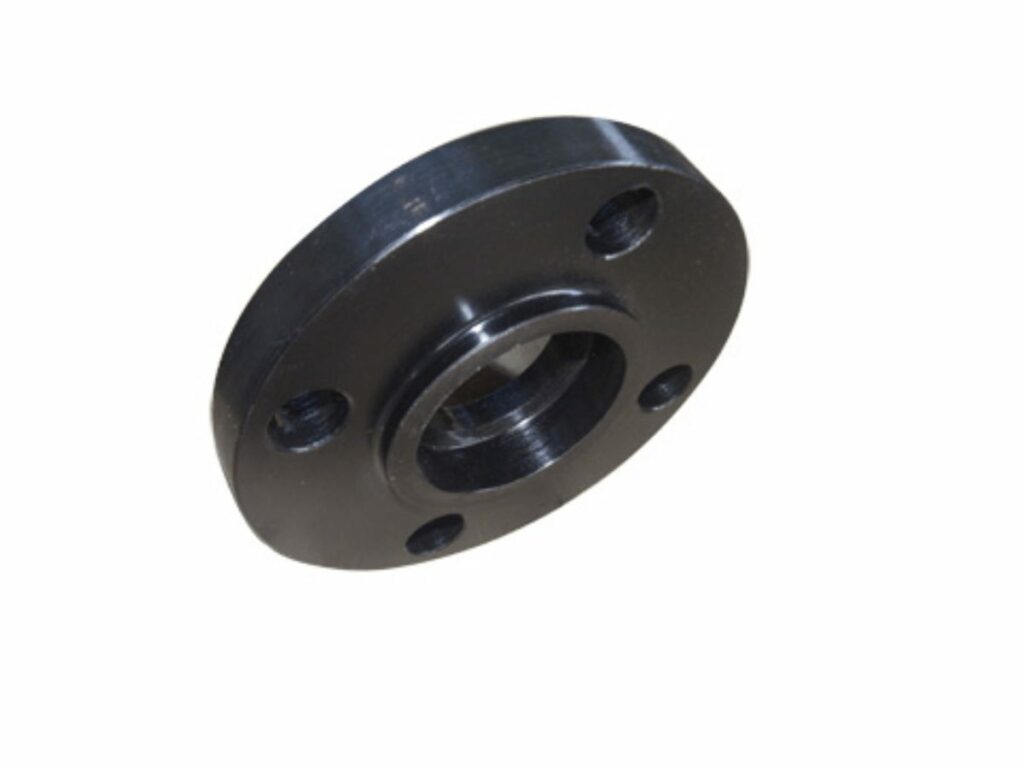
Threaded Cast Iron Flange
Threaded cast iron flanges are available in two types: tapered and straight. Tapered threading provides a tighter connection, while straight threading is used with thinner materials and for light pressure applications.
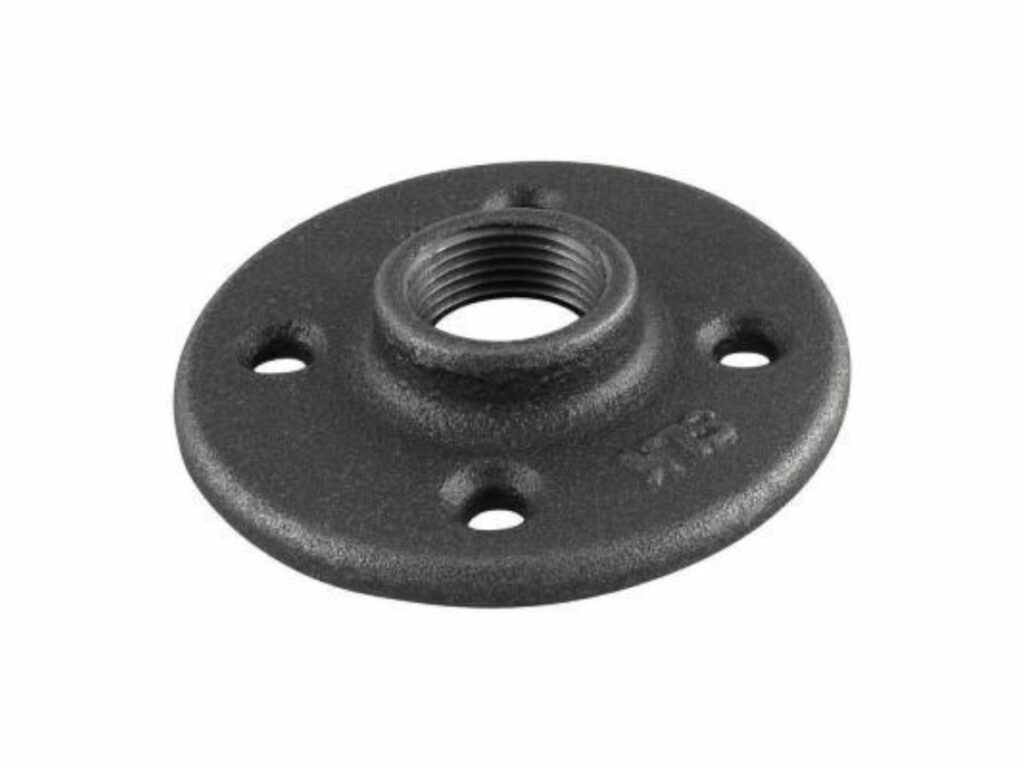
Lap Joint Cast Iron Flange
Lap joint cast iron flanges are the most common type of cast iron flange. They are easy to install and are perfect for pipe sizes that range from 1/2 inch to 24 inches. Lap joint flanges are available in both threaded and weld neck styles.
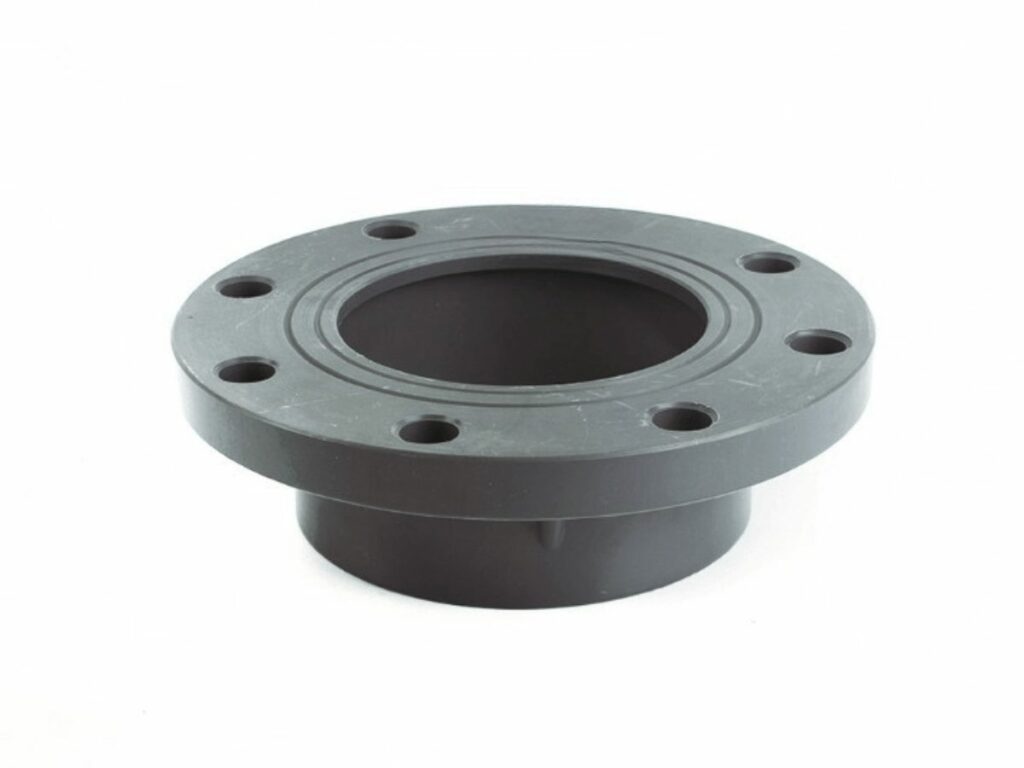
Slip-On Cast Iron Flange
A Slip-On Cast Iron Flange is a type of cast iron flange that is easy to install and does not require any welding. It slips over the pipe and is secured in place with four bolts. This type of flange is ideal for use in residential applications.
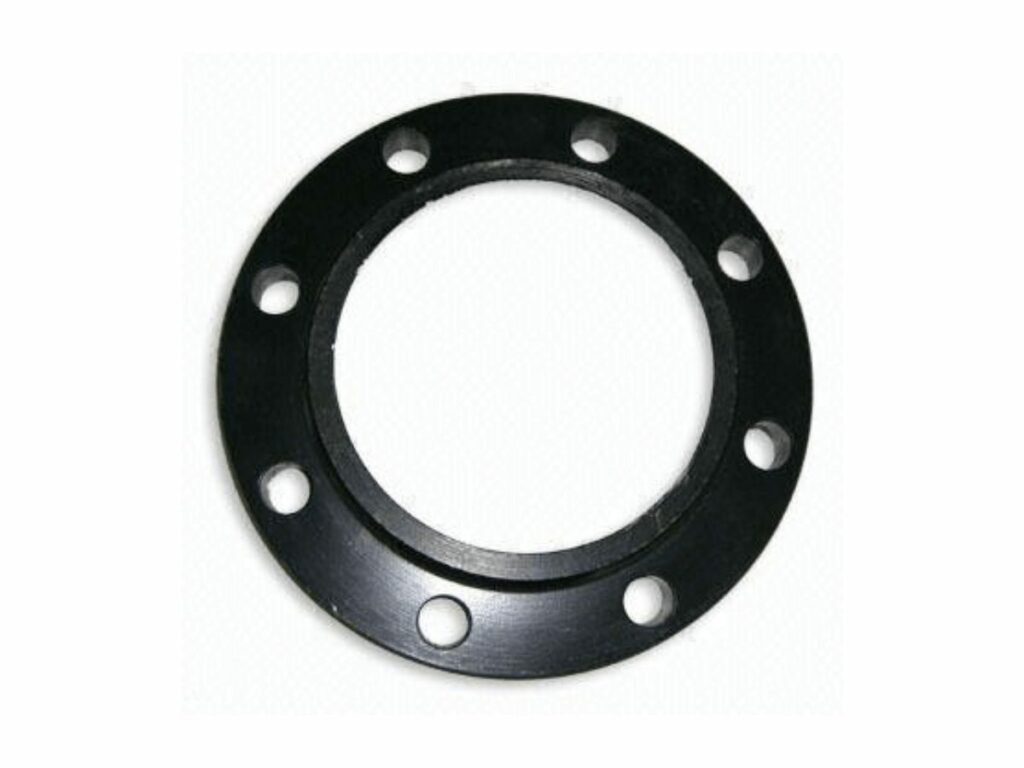
Weld Neck Cast Iron Flange
A weld neck cast-iron closet flange is a type of flange that is used to connect two pipes. It is a type of forged flange and is made out of cast iron. The weld neck cast iron flange is used to connect two pipes that are the same size. It is also used to connect two pipes that have different sizes.
The weld neck cast iron flange has a threaded hole in the middle of it. This threaded hole is used to connect the two pipes.
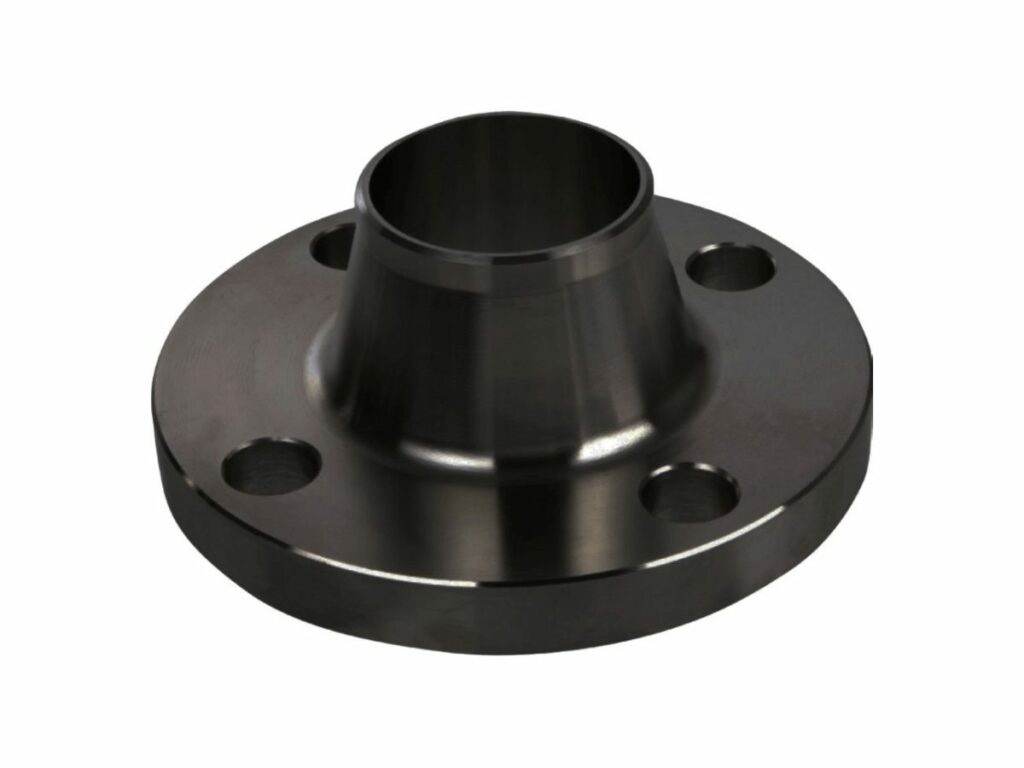
Blind Cast Iron Flange
A cast iron blind flange is a type of cast iron flange that does not have a drilled hole in the center. This type of flange is used to connect two pipes together without having to use a threaded connection. A blind cast iron flange is also used to join two pipes at an angle.
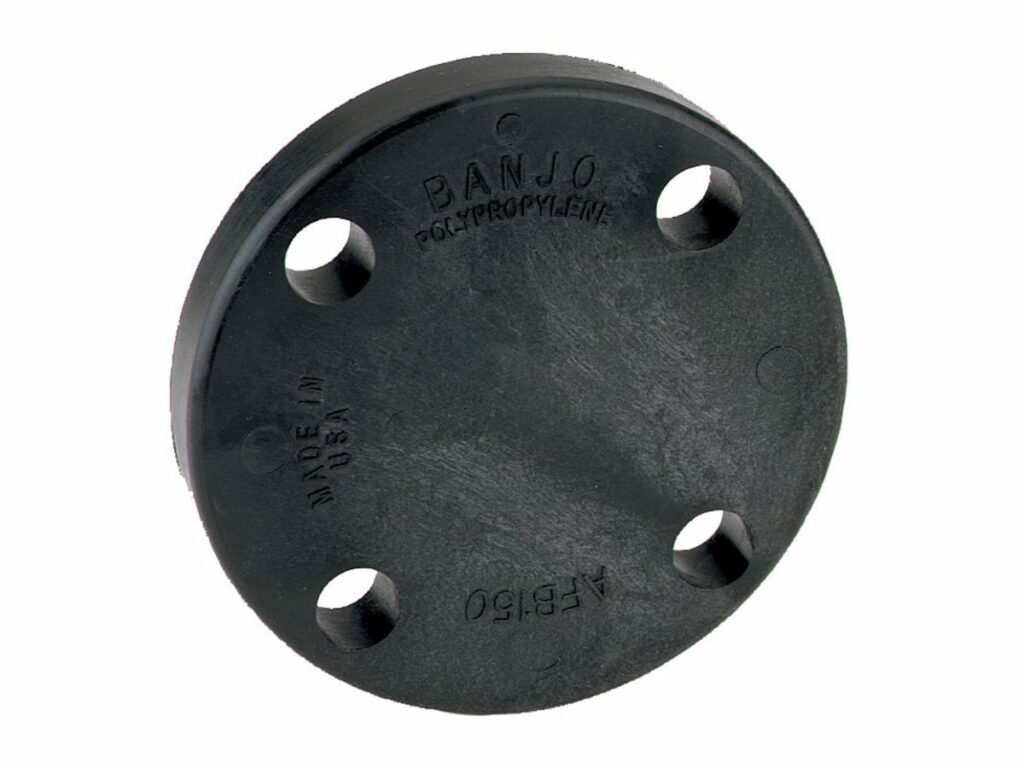
3. The Difference Between Cast Iron Flange and Other Flange
The following are the difference between cast iron that the other flange:
The Cast Iron Flanges Are Made of Pure Cast Iron
The most significant difference between cast iron and other flanges is that cast iron flanges are made of cast iron while other flanges are not. The manufacturing process for cast iron flanges begins by melting pig iron or scrap steel to create molten metal, which is then poured into a mold to create the desired shape.
This mold can be reused, and the flange is then cooled, after which it can be cleaned and finished by grinding and polishing.
Cast Iron Can Resist Corrosion
A cast iron flange may be able to resist corrosion better than other types of flanges because its porous surface resists oxidation more effectively by trapping impurities within its pores while oxide flakes fill in any imperfections on the face of the metal.
Cast Iron Is Heavier Compared to Other Flanges
Cast iron flanges are usually heavier than other types of flanges. Their weight can make them more difficult to transport and install, especially in locations where cranes or lifting equipment is not readily available.
On the other hand, cast iron flanged fittings are less likely to corrode than stainless steel or carbon steel, since their porous surface traps impurities within. Perfect for projects like finished floor, cast iron toilet flange.
Cast flange can also be a lower price than other types of flanges, sometimes by as much as 50%.
4. Cast Iron Flange Materials
Cast iron flanges are typically made from grey cast iron, but they can also be made from ductile cast iron. Cast iron flanges can be used in normal service temperatures up to 446°F (230°C), and they are usually coated with oil or grease to protect them from corrosion when they are in storage. These types of flanges can typically handle pressures up to 230 pounds per square inch, depending on the size of the flange.
Cast iron flanges are available in two types: wax seal hubbed and non-hubbed. Hubbed cast iron flanges have a protrusion on the side that allows them to be attached to a hub. Non-hubbed cast iron flanges do not have a protrusion, and they must be welded or bolted to the pipe or fitting.
5. Cast Iron Flange Dimension
The dimensions of cast iron flanges vary depending on the manufacturer and model. In some cases, a cast iron flange can be customized to fit a specific requirement based on its size, shape, and type of material.
The most common dimensions for a standard cast iron flange are as follows:
| Size | 1-1/4 to 12 |
| Height | 2-3/8″ to 36″ |
| Width | 3.5-7.25 ou 8″ |
| Hole Diameter | 1/2 to 32″ |
| Wall Thickness | 0.56 – 4mm |
6. Cast Iron Flange Manufacturing Process
Cast iron flanges are a type of flange that is made out of cast iron. The manufacturing process of a cast iron flange is as follows:
Step #1 Create a Mold for the Flange
The first step in the manufacturing process of a cast iron flange is to create the mold for the flange. This can be done by using a variety of materials, including metal, wood, or plastic.
Step #2 Create a Casting for the Flange
The next step is to create the casting for the flange. This can be done by using a variety of methods, including sand casting, investment casting, or die casting.
Step #3 Inspect the Cast Iron Flange
The final step in the manufacturing process is to finish and inspect the cast iron flange. This can include various processes, such as machining, grinding, cleaning, painting, etc.
The manufacturing process of cast iron flange is relatively simple. The complexity comes in the differences that are available for the end product. There are a variety of types of cast irons that can be used to create a cast-iron flange, each with its own unique properties.
7. The Benefits of Using Cast Iron Flange
Cast iron flange is a kind of key element to join cast-iron pipe, steel pipe, or other kinds of pipes. And it’s very important for us to choose the right material type and size when we design it.
Here are the several benefits of using cast iron flange in water conservancy construction projects.
Long Service Life
The life of cast iron flange is generally longer than that of another kind of pipe fitting. It can be used for more than 50 years, and the existing flange service life might reach 80 or 90 years, which will save your construction cost greatly. For one thing, it saves manpower.
For another, it reduces cast iron closet flange replacement.
Good Resistance to Corrosion
Cast iron flange has excellent resistance to corrosion, so it can protect other kinds of pipes well for a long time. The cast iron flange is made by the centrifugal casting method.
Thanks to iron cast flange, even if there are some small pores inside the cast iron flange, its microstructure will be denser and the pores will be smaller. So it has good corrosion resistance and won’t easily spall.
Strong Mechanical Performance
The mechanical performance of the cast iron flange is also good. It can bear cast iron pipe’s internal pressure, external pressure on shell, and pullout force well, which ensures that cast iron pipe works normally and the construction is stable. Even if there’s a large external force, the closet flange cast iron can bear it well.
8. Cast Iron Flange Application Industries
Cast iron flanges are commonly used in a variety of industries, including the petrochemical, power generation, and manufacturing industries.
Petrochemical
In the petrochemical industry, cast iron flanges are often used in the manufacture of piping and valves.
Power Generation
They are also used in the construction of refinery process units and in natural gas processing plants.
Manufacturing Industries
In the power generation industry, cast iron flanges are used to build high-pressure pipelines and steam lines. In the manufacturing industry, they are commonly used in the production of pumps, gears, bearings, cast iron toilet flange repair kit.
9. Cast Iron Flange Average Cost
The average cost of a cast iron flange is $10. This includes parts and labor. The price can vary depending on the size of the flange, type of material, model variation, and where it is being installed.
For instance, a 10-inch cast-iron flange will typically cost $11 to $14 if it is for a bathroom installation. If it’s an 8-inch cast-iron flange that has been designed specifically to meet ADA guidelines, then the average cost would be between $15 to $18.
Cast iron closet flange replacement for a kitchen sink, then the average cost would be between $12 to $15. The price may vary because of differences in manufacturers or if parts need to be ordered from elsewhere.
10. 3 Maintenance Tips for Cast Iron Flange
Cast iron flanges are strong and durable and can last for many years if properly maintained. Here are some tips for keeping your cast iron flange in good condition:
#1 Clean the Flange Regularly
Dirt and debris can build up on the surface of the flange over time, which can lead to corrosion and damage. Use a soft cloth to clean the surface of the flange regularly and remove any dirt or debris.
#2 Inspect the Flange for Damage Regularly
Look for cracks, chips, or other signs of damage. These can allow water or other substances to seep in between the flange and the pipe, which increases the likelihood of corrosion occurring. If you notice any damage, take steps to repair it as soon as possible.
#3 Coat Exposed Metal Parts With a Rust Inhibitor Regularly
Water contains a small amount of salt, which is corrosive to metal. If the water is allowed to sit on the surface of the flange, it can cause corrosion and rust. To prevent this from happening, coat any exposed metal parts with a rust inhibitor before putting away your cast iron flange at night or after use.
If you want to know how to replace a cast iron flange, watch this video.
11. Conclusion
Cast iron flanges are one of the most popular types of flanges in use today. They have a number of advantages that make them well-suited for many different applications.
If you’re looking for a high-quality, durable flange, cast iron may be the best option for you. At our company, we offer a wide range of cast iron flanges to meet your needs.
We also carry other types of flanges and can help you find the perfect solution for your project. Contact us today to learn more about our products and services.
